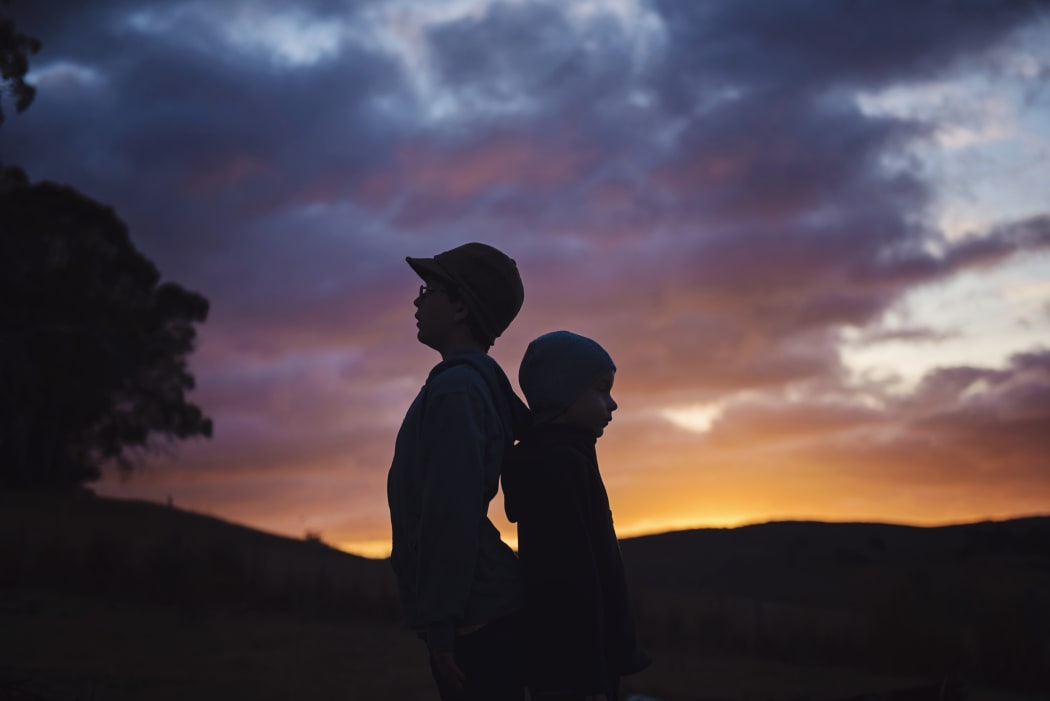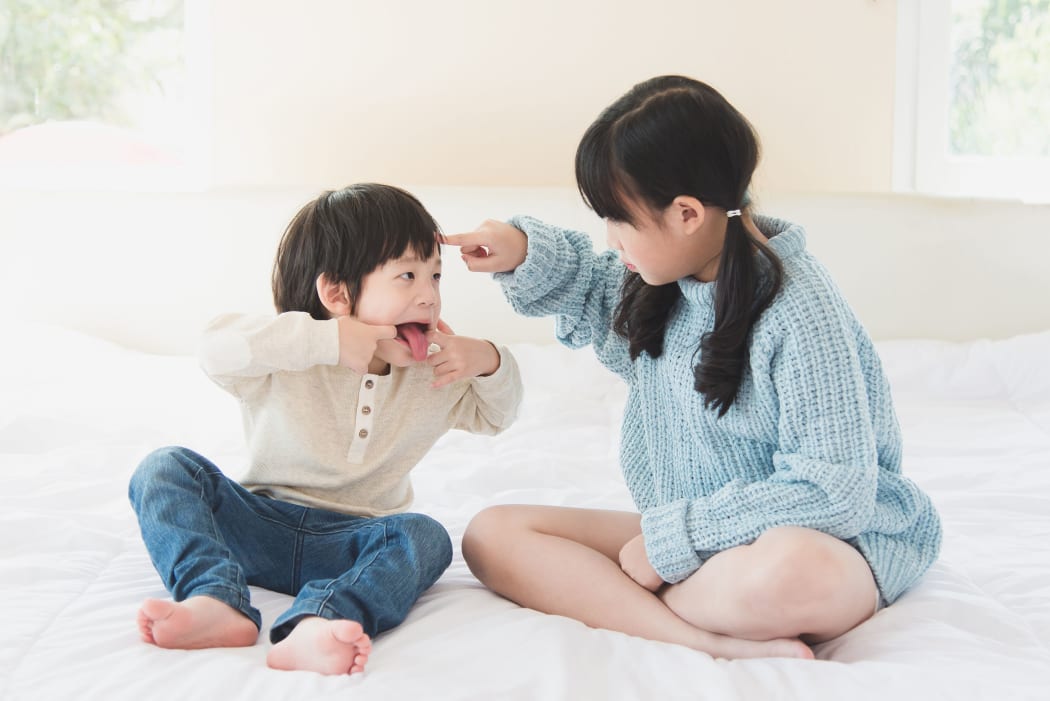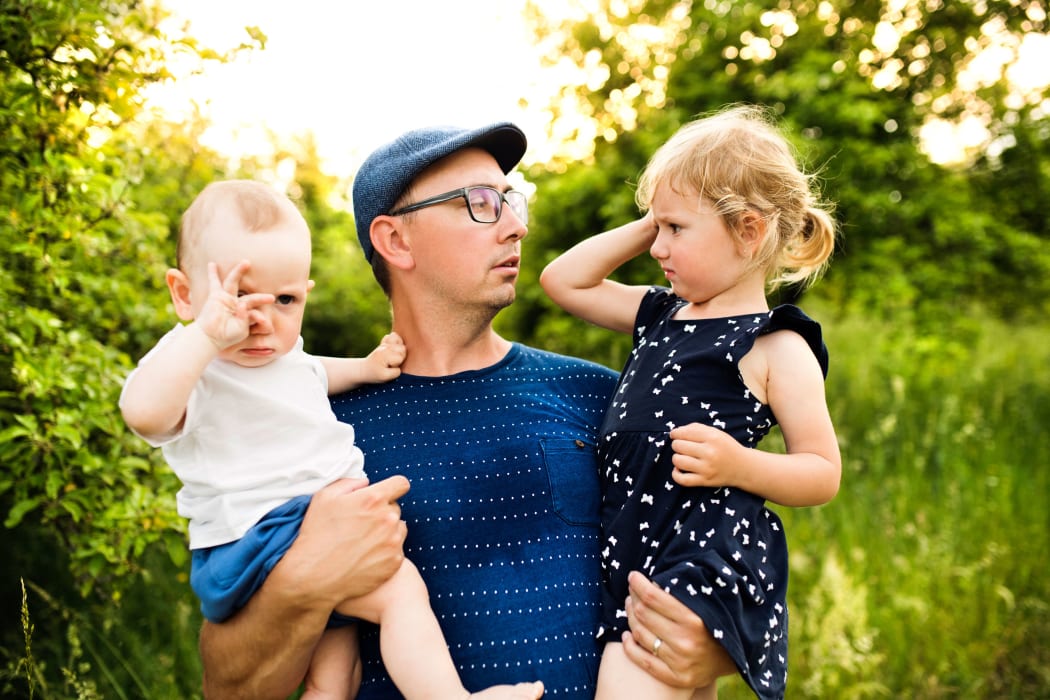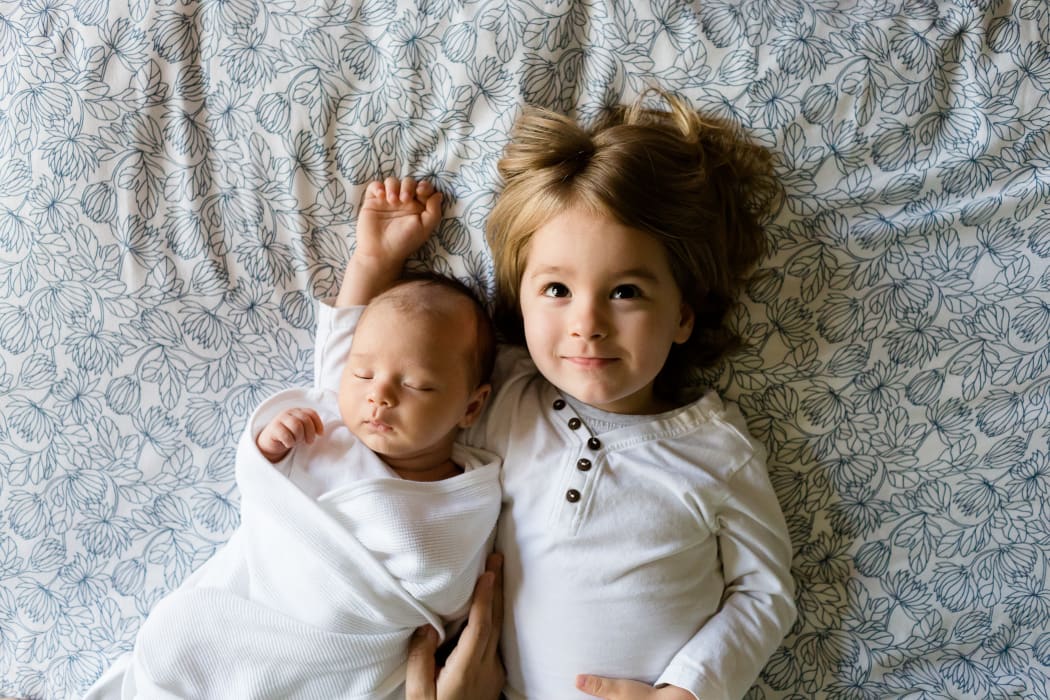Conflict between siblings is normal and can even be helpful, according to author and psychological researcher Naomi White.

Photo: Kat and Steve Smith | ks-photography.com.au
Sibling relationships are quite unique, says White, who is the co-author of Why Siblings Matter: The Role of Brother and Sister Relationships in Development and Well-Being.
"Especially in childhood, the sibling relationship is pretty much involuntary and it's a bit of a situation where you can kind of do what you like ... because you know that your sibling is still going to be there."
"If you contrast that with friendships, if you're really mean to your friend they're probably just going to stop being friends with you.
"That kind of love-hate quality is really characteristic of the sibling relationship."
The benefits of conflict

Photo: 123RF
White's research focused on data from a longitudinal study of a "socially diverse sample" of children from Cambridge aged 3, 6, 10 and 12.
While sibling studies of the past have focused more on the number of siblings or birth order, White looked at the effects of sibling relationships on children.
Sibling relationships can be the most high-conflict relationships in our lives, she says.
"It's really the only [one] of our very close relationships that can sustain that much conflict, I guess."
"You've got very positive interactions but very negative ones as well. So siblings might be playing together really nicely and then the next second, you know, World War Three has sort of erupted over something really small."
However, conflict between siblings is normal and in some ways seems to help children's development, she says.
"High levels of conflict can lead to difficulties – particularly conduct problems, anxiety and depression – but I think some level of conflict is completely normal.
"We know that conflict ... is very important to help children develop conflict-management skills, but also to help them learn about other people's thoughts and feelings – and that other people's thoughts and feelings don't necessarily correspond with their own thoughts and feelings.
"It's practice for later on in life, so probably parents have a really important role to play in shaping their children's ability to manage conflict ... by helping the children to understand their sibling's opposing point of view a bit more."
White was surprised to discover from her research that conflict might even help academic achievement in some circumstances.
"As part of our research we found that at certain ages – it was among 12-year-olds I believe – we found a positive effect between sibling conflict and academic achievement, so siblings who were reporting more conflict were reporting better academic achievement.
"It's something we'd sort of like to follow up ... it seems there definitely are some upshots of rivalry and conflict."
New baby brother or sister no longer a trauma
The arrival of a new sibling was believed to be horribly traumatic for children according to the psychological research of 50 or 60 years ago, but now that is not necessarily the case, White says.
"It's not always difficult and, really, parents can do a lot to kind of help that transition."
Changes in social dynamics since that time may also play a part.
"The way we handled births was very different. So, often the mum would be away for quite some time in hospital, the children might not necessarily be able to visit, they might not be told very much about what was happening.
"The way of dealing with a new child [now] is much more sort of child-focused, and involving the child which I think is a really good thing in terms of making it an easier process for children.
"Also the involvement of other people in the family, so the involvement of fathers and other family members ... so that the older child is still getting the attention and support that they need even among the fuss of the new baby."
Are parents or siblings more important?

Photo: 123RF
The parental relationship seems to be the most important for the social competence of younger children, but that changes as they get older, White says.
"One thing that we looked at was the role of the quality of sibling relationships in predicting children's ability to get on with peers – their social competence – and what we wanted to look at was whether parents or siblings were more important.
"When we got to the ages of 10 and 12, suddenly the influence of siblings was much stronger.
"And I think that makes a lot of sense ... when children are quite young their kind of whole life is quite contained within the home, and then as they get older they develop more and more friendships outside of the home."
Although parents should try to treat their children equally, treating them differently is sometimes the responsible thing to do, she says.
"If you've got an anxious child and then a much more easygoing child you probably going to – in fact you should – treat your anxious child differently or take a different approach with them."
The take-home message for parents is to explain to children why they might be treating them differently, she says.
"Our research shows it's not really about differential treatment per se, but it's about how that differential treatment is perceived.
"So if children perceive that the differential treatment is unfair, that's when it has an impact on the sibling relationship."


